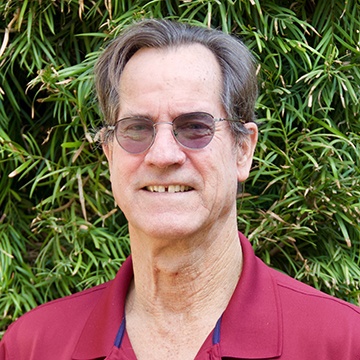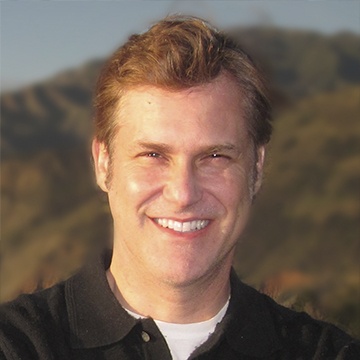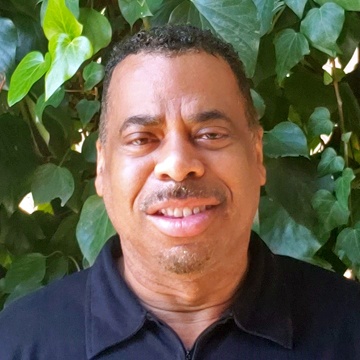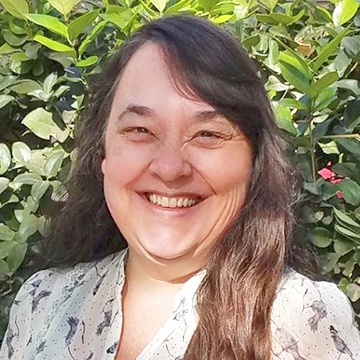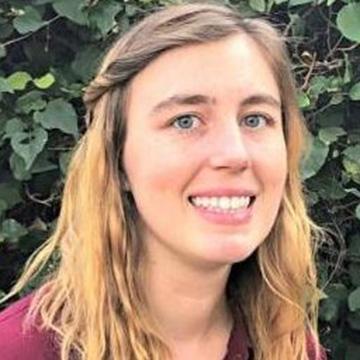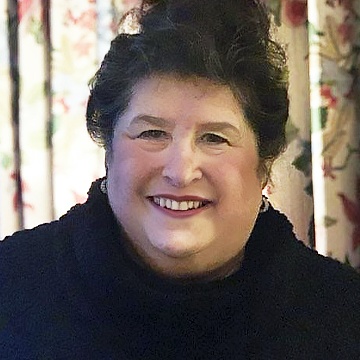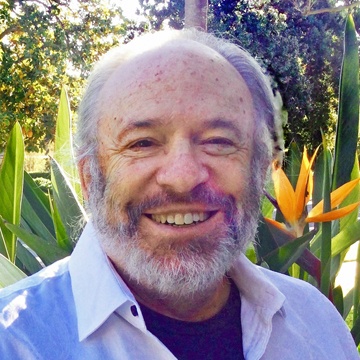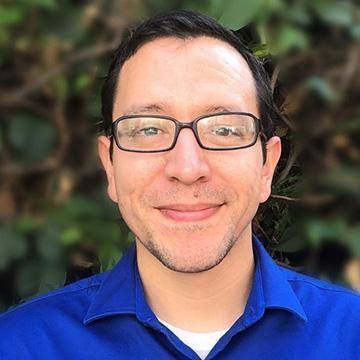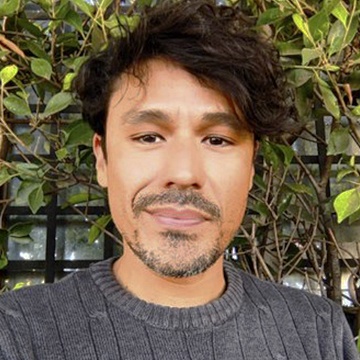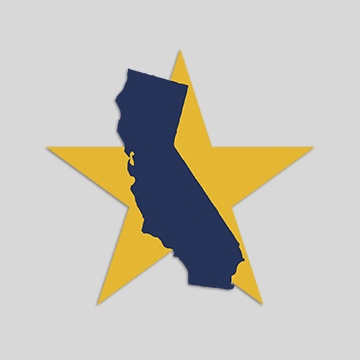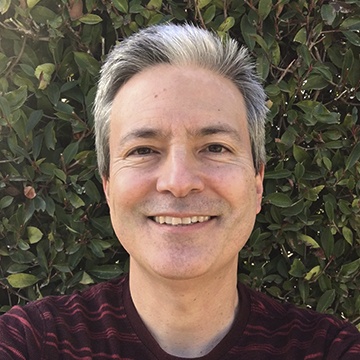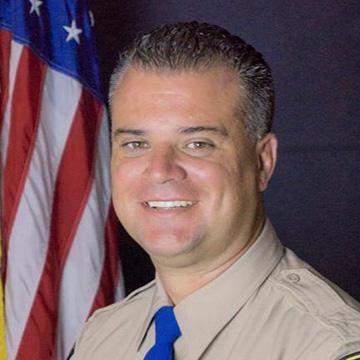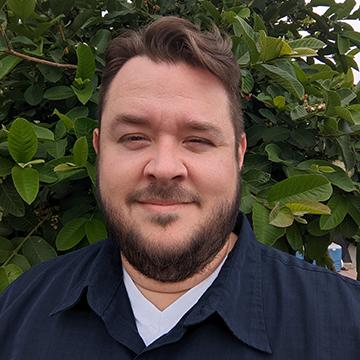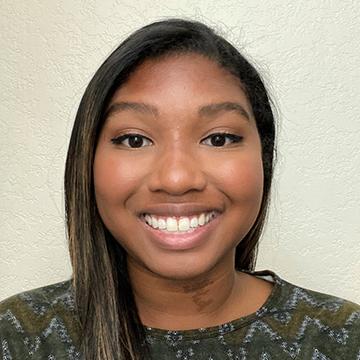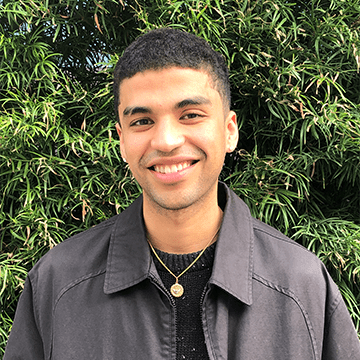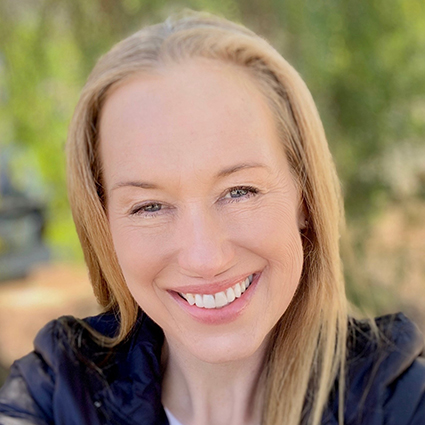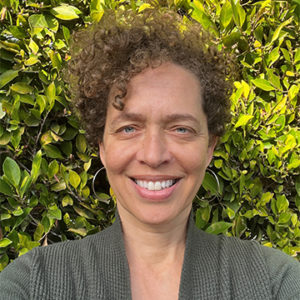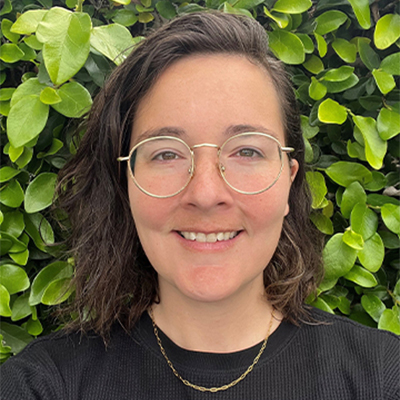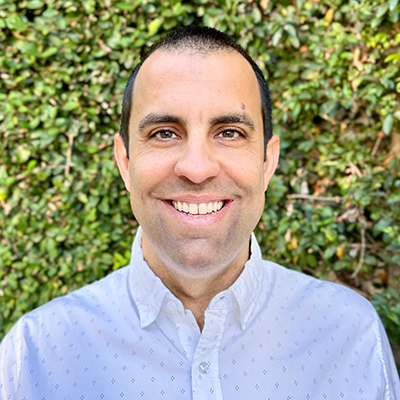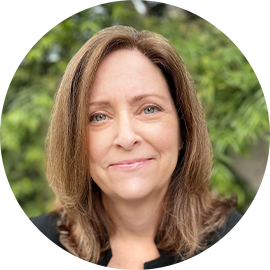State Parks & Beaches
Permits to film at California Beaches and Parks are jointly coordinated by the CFC and the Park staff assigned to coordinate production activities in their respective districts. State parks review and monitor fees will increase beginning with applications submitted on or after September 1, 2022. For more information, click here.
The following guidelines have been created so that the CFC and State Parks may better serve the needs of productions applying for permits. Exceptions may be made on a case-by-case basis only, and unforeseen circumstances may necessitate changes to these procedures. Please know that everyone involved will always do their best to accommodate your production.
Note that there are specific references throughout this document that apply to the Angeles District only. As this district receives 85% of all filming requests, specific guidelines have been put in place to service the many productions that film at these beaches and parks. (The Angeles District encompasses all state parks and beaches in Los Angeles as well as County Line Beach, Point Mugu and Leo Carrillo State parks in Ventura County.)
State Parks Permit Contacts
California Film Commission (CFC)
7080 Hollywood Blvd., Suite 900
Hollywood, CA 90028
Tel: 323.860.2960
CFC Permit Coordinator
Lorna Leslie
Tel: 323.817.4107
Covering the following counties: L.A., Orange, Ventura, San Bernardino, Riverside, San Diego and Imperial
CFC Permit Coordinator
Lori Moilov
Tel: 323.817.4106
Covering all other counties not listed above.
Filming Coordinator for the Angeles District
Melony Light
AngelesDistrict.Filming@parks.ca.gov
Office of Filming – Angeles District 1925 Las Virgenes Rd.
Calabasas, CA 91302
Tel: 818.880.0358 or 818.880.0392
State Parks Billing
Email Parks.ca.gov
818.880.0392
Go to: film.ca.gov to submit your online applications for permits
Applying for a Parks Permit
Online Permit Application | Application Help
Begin the process by calling the Park Film Coordinator for the park or beach where you want to film. If it’s within the Angeles District, call Melony Light at 818.880.0358. If it’s for another district, and you don’t have current contact information, one of the CFC permit coordinators will provide you with a name, email address, and phone number. (You may find a California beach or park here.)
Once you confirm that the beach or park is available on the day(s) you require, complete and submit a permit application to the CFC at least four business days (or 96 business hours) in advance of filming.
Once you have booked a beach or park, the park will issue a form DPR245A, and the CFC will send you an invoice for the review fee ($100/day per park or beach for simple shoots and $250/day per park or beach for complex shoots) and estimated monitor fees. (If the final costs are more than anticipated, an additional invoice will be issued at the conclusion of the shoot. If actual costs for monitors are less than anticipated, a refund will be issued to the production at the conclusion of the shoot.)
Unless prior arrangements have been made, this PAYMENT MUST BE MADE BEFORE A PERMIT IS ISSUED.
A permit may be requested for multiple days.
When filling out applications, be as specific as possible. Include date(s), times, number of cast, crew, and background players as well as all anticipated activities, including SFX/pyrotechnics and the use of drones.
If a permit is canceled with more than 24 hours’ notice (one full business day), no monitor fees will be imposed (the review fee, however, will still be due).
If a permit is canceled with less than 24 hours’ notice (one full business day), you will be obligated ot pay all previously agreed-upon monitor and review fees. However, if the DPR245A has not yet been done, time spent reviewing the application is minimal and a monitor has not yet been lined-up, there will be no cost.
*Should you cancel and another company wants the same beach/park on that day, you would receive a refund for the review fee(s). A refund of monitor fees would depend on the other company’s needs.
The CFC does not issue retroactive permits.
Don’t assume a permit has been approved because you’ve spoken to local park staff. It’s not guaranteed until all activities have been approved, insurance documents have been submitted, and the permit has been issued by the CFC and State Parks.
Note re: Beaches and Parks in the Angeles District
In order to provide greater availability to more productions in Angeles District, the production representative should call Film Coordinator Melony Light to determine if a park location is available and to reserve the location. Angeles District requires productions to provide a non-refundable credit card authorization for the Park Review fee in order to reserve a date on the calendar. Once a beach or park has been booked, the production company representative must apply for a permit with the CFC, and the review fee payment authorization will be applied to the final amount due. This payment is due immediately. Except for the exclusion listed in the section above, review fees are non-refundable.*
For simple shoots, payment by credit card is requested. If you cannot pay by credit card, you may Fed-Ex or mail a check to the CFC or make your payment in cash at the Park office in Calabasas (address under contacts above).
On complex shoots, the first tech scout with a ranger is free. For subsequent scouts (that require a ranger), the production will be expected to pay the hourly rate for a ranger/monitor to accompany them (with a 6 hour minimum).
General Guidelines
- When submitting insurance documents and/or when emailing CFC personnel with questions about your permit, always reference the permit number in the subject line of your email.
- For most Southern California beaches and parks, there is no filming on weekends or holidays. Weekend filming is allowed at certain Northern and Central California beaches and parks. Check with the Park staff representing each beach/park to determine which days filming is allowed.
- Basic hours for filming (simple shoots) are 8:00 a.m. to sunset. Check with Park staff for allowable hours for complex shoots. It will vary by Park and season.
- You may only apply for one location (one beach or park) per permit, as each location has different guidelines.
- To location professionals – if you’ve got a complex permit, check in with your CFC permit coordinator to make sure she/he has everything needed to process your permit. Don’t rely solely on your permit service.
- Permit applications are reviewed by the Deputy State Fire Marshal and, depending on the level of fuel loads, generators being used, activities (stunts, effects, aerial work, etc), live fire and/or weather conditions, a local Fire Safety Officer may be assigned to your shoot.
- A water truck may be required on-set if dry weather conditions warrant it.
- During periods of high or extreme fire danger, all special effects fires, as well as smoking, will be prohibited. Filming activity may be cancelled under red flag conditions.
- If there is no fire danger, smoking may only be permitted in designated parking lots and base camp areas, and metal containers with at least two inches of water would be required for the disposal of cigarette butts. (Please check DPR245A to see whether smoking is allowed.)
- A biologist or ecologist may be required (for scouting and/or on shoot days) if filming occurs in an environmentally-sensitive area.
- A lifeguard will be required if you will be working on or in the water.
- A CHP detail may be assigned to your shoot if construction is taking place in the vicinity of your location or your activities include driving shots on State Park roads. To secure a CHP detail, call Officer Jonathon Dockweiler at 213.703.2070.
- Production personnel may not camp out at Park campgrounds.
- If your shoot day is rained-out, some Park staff will let you choose another day without charging for additional fees (if a monitor is available).
- IF YOU NEED TO CANCEL YOUR SHOOT – call the Park first. Then let the CFC know.
More on Fees
Parks charge cost-recovery fees in order to accommodate filming. Except for parking, these fees are collected by the CFC. The CFC provides its services and permits at no cost.
Current Review, Monitor, and Mileage Fees
Review, monitor, and parking fees may now be paid by credit card. The CFC will email you a credit card authorization form which, upon completion, you must send directly to the Park Billing Office in Calabasas.
If your production company owes the State for past permits, you will not be granted a new one until all previous past due fees have been paid.
At some parks/beaches, any parking or day use fees are to be paid directly to the park upon arrival, or the company will be invoiced directly by State Parks. Parking fees vary between $8.00-$20.00 per vehicle or space depending upon the park and season. Note that the Angeles District now invoices for parking in advance, and both the Orange Coast and Angeles districts charge 1.5 times the going rate for each parking space (i.e., if the regular rate is $10/space/day, productions will be charged $15/space/day). This change reflects an attempt to recover lost revenue when spaces are not turned over during the day as with normal public use.
Monitors
Monitors are now paid for a minimum of six (6) hours. This change ensures a wider availability of park personnel to monitor complex film shoots. In addition, to put them on a par with other state agencies, the mileage rate for park vehicles used by park personnel on film shoots will be raised to $.76/mile.
The number of monitors required will depend on the size of your cast and crew. Less than 50 will require one monitor. 50-89 will require two, and 90 or more may require three. Additional monitors may be assigned as required due to size, complexity of the shoot, locations to be used, special effects, fire conditions, or other hazards or complexities.
Many simple shoots do not require a monitor.
If a monitor has been booked and the production then reduces the hours the monitor is needed, the monitor has the right to withdraw. Should that occur, there is no guarantee that another monitor will be available.
Depending on availability and the scope of your activities, monitors assigned to your shoot may be rangers/peace officers, maintenance or administrative personnel, park aides, lifeguards, or interpreters.
State Parks Monitor Fees by Personnel Type
Depending on your location and the scope of your activities, monitors may stay with the shooting company all day or may just do spot checks.
Monitors are paid portal to portal, generally adding one hour for travel time.
Revisions
Minor revisions are considered on a case-by-case basis and accommodated if possible.
A new permit application and possibly additional review fees and the beginning of a new 4-day approval process may be requested if:
- The original application has been approved and a permit has already been issued.
- There is a change of location and/or district.
- There are too many major changes.
- The change was added too late in the process.
- Days are added that do not occur within the same week as the original permit.
- The scope of the work has changed.
Denials
Permits/revisions may be denied:
- If you did not call the Park film coordinator in advance.
- If applications and/or changes are submitted too close to the shoot date.
- If there are extenuating circumstances (ongoing construction, public events, etc.).
- If there are safety concerns about your proposed activities.
- If your certificate of insurance is not complete.
Insurance
Carefully check the insurance requirements for filming on state property. Insurance documents that are not submitted on time or are incomplete may cause a delay or denial of your permit.
- Do not use our sample certificates of insurance and/or endorsements to fill in your own info and send it back to us! You must submit original documents.
- Check the expiration date of your policy before emailing.
- If your production has been given a collection of certificates of insurance (in one document) from your broker – please do not send us the entire PDF file containing documents for various cities, counties, and federal agenecies as well as the state of California. Please only send the documents pertaining to the state of California. Certificate holder needs to read STATE OF CALIFORNIA with the CFC address (7080 Hollywood Blvd., Suite 900, Hollywood, CA 90028).
- The #1 reason permits are delayed or denied is incorrect or missing certificates of insurance along with separate Workers Compensation and Additional Insured endorsements. Detailed instructions of insurance requirements and sample endorsements can be found here.
- If you don’t have a broker who deals in production-related insurance coverage, you can find a list on the CFC website. On the Insurance Requirements for Filming on State Property page, scroll down to the last paragraph and you’ll find a link to the list.
If in Doubt as to Whether You Need a Permit
If you’re taking personal photos or are a student (or group of students) and don’t believe your activities are considered “commercial,” but you’re using commercial equipment, you’re likely to need a permit. Always call the Park film coordinator in advance to let him/her know what you’d like to do and the date and time you’d like to be there. If approved, you will receive permission to be there (without the need of a permit) and will be on the park’s schedule for the day. NOTE: the Park will make this determination – not the CFC.
The Difference Between a Simple and Complex Shoot
Simple
- Maximum of 14 personnel including cast/crew/extras/vendors/clients.
- Using only hand-held equipment and props such as camera, tripod, and reflectors. Hand held is being defined as something that one average person can pick up and carry. (A folding camp or beach chair is a hand-held prop, a Lazy Boy recliner is not.)
- Cast and crew arrives and departs during regular park hours (8:00 a.m. to sunset at most locations).
Complex
Productions including any of the following elements are complex and one or more state monitors are required.
- 15 or more total people, including cast/crew/extras/clients/vendors
- Large props or equipment, reflectors
- Prop/replica weapons
- Generators
- Helicopters
- UAS (drones)
- Animals
- Special effects
- Pyrotechnics
- Moving picture cars or static picture cars in/about the public roadway excluding the parking lots
- Filming on or alongside a park road open to the public
- Aquatic activities (wading, swimming, kayaking, surfing, use of watercraft, etc.)
- Arriving or departing before or after normal operating hours (8:00 a.m. – sunset at most parks)
- Night filming
- Filming in an environmentally or historically sensitive area
- Filming in a state historic park
- Filming in a state preserve
- Driving vehicles on park service roads not open to public cars
- Filming in high fire hazard areas
- Fight scenes (fight scenes will always need a monitor, as the public will sometimes think an actual fight is going on and call the police)
UAS / Drones
At this time, State Parks is reviewing requests for filming with a drone on a case-by-case basis. All required paperwork for drone work must be submitted at least four (4) business days in advance. Only requests involving FAA 333 or Part 107 remote pilots will be considered.
CFC Guidelines on the Use of UAS (Drones) when Filming on State Property (including additional insurance coverage and endorsement requirements)
Students
Parks charge a cost-recovery fee in order to accommodate filming. Students may be charged a discount rate for the park review fee ($50) as determined on a case-by-case basis by Parks. Students must submit a student certification letter from their school if they intend to use their school’s liability insurance.
Feel free to check the CFC’s website for production alerts affecting filming at specific state beaches and parks.
By following the guidelines set forth above, the permit process runs smoother for all of us. And as you can see, just as it is in production, these procedures are subject to many variables. Be assured, however, that we will do our best to accommodate your request for permits.
Thank you for your cooperation.
California Film Commission
7080 Hollywood Blvd., Suite 900
Los Angeles, CA 90028
Tel: 323.860.2960 | 800.858.4749
Email the CFC | About Us
Stay Informed! Sign Up:
Newsletters
Production Alerts
Soundstage Alerts
CFC Board Notices Sign-Up
Careers
Download the Cinemascout app!





